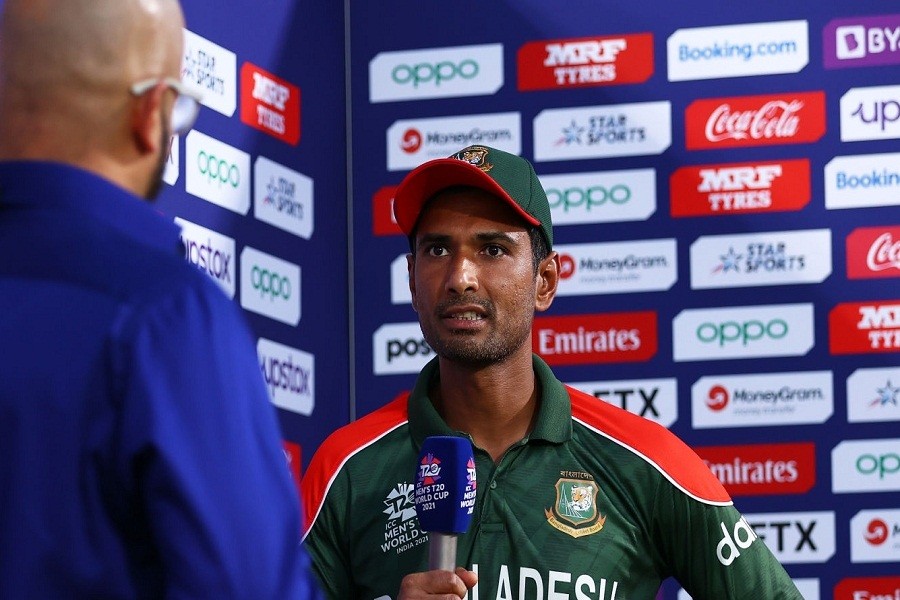“It is usual for me to behave firmly. We are also human and we can make mistakes. We represent the country and play for the country. We always think of the country’s expectations. I do not think anyone feels more than us. There will of course be criticism when we do not perform but one should not make us look low. We were hurt.”
This was the comment of a captain of a test-playing nation in response to the criticism he and his team received after losing against an associate nation and achieving a struggling victory against another associate nation.
After reading the comment, one must be wondering on what occasion the captain made the remarks; did they unlock any major success?
The answer is yes – the statement certainly did come after accomplishing a ‘major success.’ However, the major success was not a World Cup championship, not even a spot in the semi-finals, in fact not even a win against any top nations either.
But the major success was just qualifying for the main round of the T20 World Cup, defeating Papua New Guinea, an associate nation that is participating in their first-ever World Cup.
This statement sums up the psychology of the current Bangladesh team, more specifically, that of the skipper Mahmudullah Riad.
Fans, on social media, are calling it the mindset of an emotional teenager who reacts to any criticism, starts weeping over scolding received from others, of someone whose professionalism can be questioned.
Such shaky mental strength gets exposed whenever the team is under the pump, whenever things do not go according to plans. While a captain’s responsibility includes keeping the morale of the team high, Mahmudullah was found in the deep far away from his bowlers with a nervous pale face against Oman.
A captain must possess the ability to control his emotions and show professionalism on and off the field. Mahmudullah has failed in this regard – be it during his retirement saga after the test ton against Zimbabwe or be it at the post-match press conference after the game against PNG.
If one of the fielders makes an error in the field, a captain should never react to it in a demoralising manner. It might result in shoulders dropping for the rest of the team.
The way he showed his anguish when Litton dropped Rajapaksa yesterday was not a captain-like trait. However, this argument, in no way, defends the poor fielding exhibition of Liton.
Lastly, a captain has to be street smart; he should be good at understanding the game situation and improvising his plans accordingly. He should never be someone who will memorise sheets and notes as if he were attending an MCQ exam.
Unfortunately, such has been the case with Mahmudullah whose strategies are proving to be bookish and predictable. So much so that, cricket lovers are documenting his captaincy strategies –
a) Do not use a left-arm spinner against two left-hand batters even if there is a huge boundary at one side of the ground and a world-class spinner like Shakib has overs up his sleeve.
b) Save Mustafizur’s two overs for the last four of the innings even if the game is done within the sixteenth over.
c) Get convinced if a part-timer bowls a tight over and keep on trying with the part-timers as long as one of them mess it up.
d) Have a right-left combination in the opening pair even if one of them is in eternal off-form and there is an in-form left-hander in the middle order who has experience of opening the innings at BPL.
e) Do not go for an all-out attack backing the best bowlers with slips and close-in fielders even if the opposition is 5/6/7 wickets down not for much. Rather, save those best bowlers for the death in an attempt to minimise damage when the lower order will get set in the crease.
In sports, players show their dedication on the field through performance. Fans appreciate regardless of results if they think the players are giving their best. One simply does not need to stretch it in the press conference.
The writer is currently studying at the Institute of Business Administration, University of Dhaka (IBA-DU).


